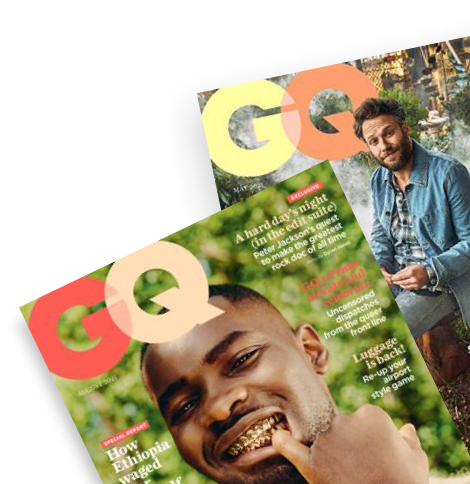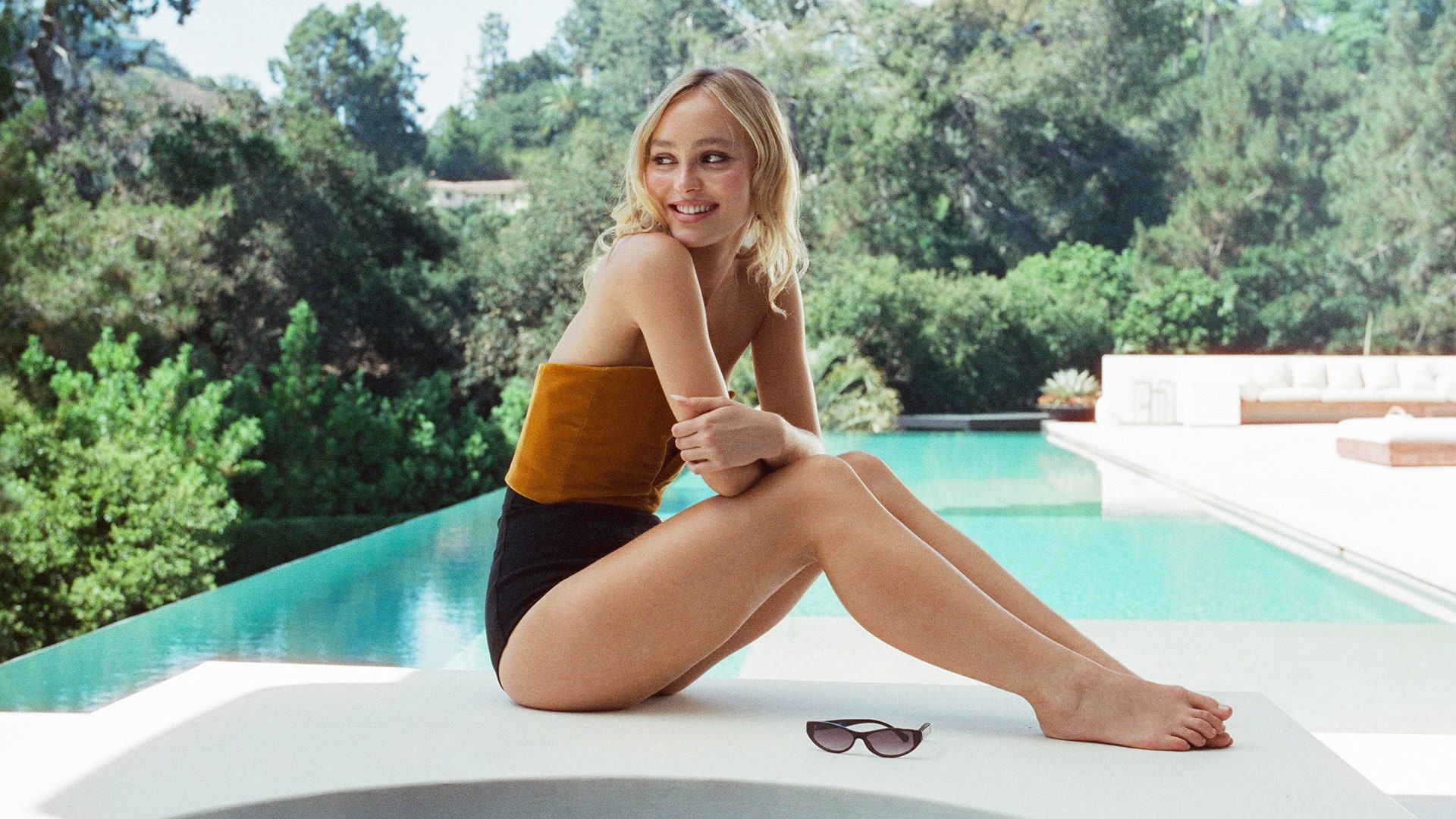Well, it's over. After five episodes, The Idol, the brainchild of Sam Levinson and Abel ‘The Weeknd’ Tesfaye about the seedy mechanisms of Hollywood, ended its run. In a haze of cigarette smoke, the sordid tale of Jocelyn and Tedros Tedros climaxed depressingly, but not before one big final twist. The item at the centrepiece of this fifth act reveal? A brown paddle hairbrush.
By the time The Idol hit its third episode, many people had been driven away from what seemed to be a vague story interrupted by lengthy and not-very-sexy sex scenes. But in this episode, a more interesting narrative started to unfold Over a dinner with Tedros, his cronies and Troye Sivan's Xander, a former child star and Jocelyn's live-in creative director, Jocelyn reveals the abuse she suffered at the hands of her mother, detailing bruises and welts from being beaten with a hair brush by her momager.
After Tedros berates a visibly uncomfortable Xander for not stepping in to help Jocelyn, he tells her to bring him the hairbrush before spanking her repeatedly while his circle of followers watches on. With meaningless declarations like “If you push through the pain, it'll be beautiful”, we're led to believe Jocelyn has found a way to transform her trauma into power, while also finally being broken under Tedros's tried and tested method of coercion.
When the show's whistle-stop finale rolls around just two episodes later, things aren't as blissfuly controlled at Camp Tedros. Following a torture-induced semi-revelation of Jocelyn's own villainy from Xander and her finding out her meeting with Tedros was orchestrated at the hands of Dyanne (Jennie Ruby Jane), Jocelyn has turned on Tedros. Stealing his power and his followers from under him, she successfully ousts him from her life with the help of a tasty $500k payout and a hit job in the press. As she prepares to take to the stage of her long-awaited world tour, Tedros is a broken shell of a man with nothing left to his name and the punchline of Jocelyn's label minions.
But for some reason, on the night of her show, Jocelyn has left him a backstage pass. They meet in her dressing room and, in one of the most on-the-nose examples in recent cinematic history, Levinson and Tesfaye, who cited Basic Instinct as inspiration for the series, have decked Jocelyn out in a sleek up-do and all-white turtlenecked dress. Squint a little, and that's Sharon Stone right in front of you.
In Basic Instinct, Stone's Catherine is in a constant state of cat-and-mouse with Michael Douglas's Nick. At the end, thinking he's got a final one-up on her, a last-minute twist reveals she's the one in control. In The Idol, that twist comes in the form of Tedros seeing Jocelyn's hairbrush on the side in her dressing room. “Did you say this was the brush your mum beat you with?” he asks. “I did”, she replies, with lingering, stone-cold eye contact through her vanity mirror. “It's brand new”, he then says, a flash of realisation moving across his face. Jocelyn then turns to him, maintaining eye contact, and smiles knowingly. In this moment, Tedros realises everything Jocelyn told him about her abuse was a lie, a trick to make him think he was in control while all the while she was pulling his invisible strings. It's supposed to be a moment of awe, the biggest “dun-dun-DUN” of the show. But, really, it doesn't make any sense.
The Jocelyn we've come to know for almost the entire run of the series is tormented and fragile, hanging on by a thread and being lifted up by people she needs but knows she can't fully trust. Depp does a great job of interspersing Jocelyn's vulnerability with icy resolve, but Levinson and Tesfaye seem to think that harshness is interchangeable with Machiavellian tendencies rather than being a trauma response. Call it a fault of the writing or the fact the pair crammed months-worth of story, most of it relying on slow-burn coercion tactics, into five episodes, but nothing about Jocelyn's late reveal as a secret mastermind rings true.
First of all, Xander, someone we're told has been living with Jocelyn since they were children, doesn't refute her abuse claims. If anything, he seems wounded by them, as if remembering the trauma himself. Secondly, how did Tedros not notice when he was hurtling the brush at Jocelyn the first time around that it wasn't 20 years old? We know her McMansion never has the big light on, but this wasn't a fumbling around in the pitch black situation. That mood lighting would have showed a scratch or two on the handle. Then, finally, there's Jocelyn herself seeming genuinely hurt by the revelation that her introduction to Tedros wasn't some kind of fateful magic and that she'd been tricked. That we're supposed to believe, even before that moment, she was pulling the wool over his eyes to use him for inspiration is, at best, bad pacing and, at worst, insulting to the audience.
Twists are one of the funnest tropes in TV and film. Nothing stirs our adrenaline like being pipped to the finish line when you thought you were ahead of the race. But twists are only satisfying when they line up. The Idol isn't a tightly plotted thriller like The Usual Suspects or Shutter Island, or any of the erotic thrillers where there's a great second watch to be found in knowing the ending. Instead, all you'll find is gaping narrative holes and indifference in characters disguised as depth.
One of the greatest criticisms of The Idol is its lacklustre acting in moments where silent motivations need to be loudly conveyed by emotion, and how much work is required of the audience to fill in those gaps as a result. That, in its last moments, we're supposed to assume those holes and that labour were all part of a larger rouse just screams of Levinson and Tesfaye having an ending before a story, and not knowing how to get themselves there.



